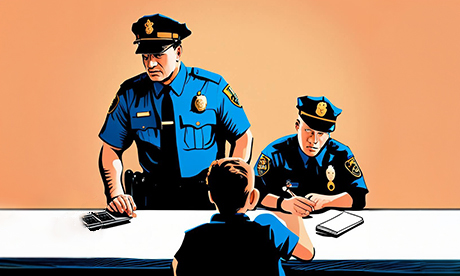The UK’s National Crime Agency (NCA) has issued a stark warning on the growing menace of AI-generated child abuse images, making it increasingly difficult to identify real children at risk.
Law enforcement agencies are gravely concerned about the emergence of hyper-realistic AI-generated content, fearing that it could blur the lines between real and computer-generated victims, creating complex challenges in identifying children in danger.
The NCA’s director-general, Graeme Biggar, emphasises that the proliferation of such material might normalise abuse and escalate the risk of offenders transitioning to harm real children.
In response to these alarming developments, discussions are underway with AI software companies to implement safety measures, including digital tags to identify AI-generated images.
UK Prime Minister Rishi Sunak has been urged to tackle a surge in child abuse images created by artificial intelligence when he gathers world leaders to discuss the technology later this year.
The Internet Watch Foundation (IWF), which monitors and blocks such material online, said the Prime Minister must specifically outlaw AI-generated abuse images and pressure other countries to do the same.
Susie Hargreaves, chief executive of the IWF, said: “AI is getting more sophisticated all the time. We are sounding the alarm and saying the Prime Minister needs to treat the serious threat it poses as the top priority when he hosts the first global AI summit later this year.”
Not a victimless crime
Hargreaves’ comments came as the IWF confirmed for the first time that it was removing cases of AI-generated child abuse images, including the most severe “category A” illegal material.
Despite the absence of real victims in these disturbing images, the IWF firmly asserts that creating and distributing AI-generated child abuse content is far from a victimless crime. Instead, it poses a serious risk of normalising abuse, hampering the identification of real instances of child endangerment and desensitising offenders to the gravity of their actions.
Adding to the alarm, the IWF has stumbled upon a chilling “manual” authored by offenders, instructing others on how to leverage AI to create even more lifelike abusive imagery.
The NCA said that an explosion in fake child abuse images could make saving real children suffering from abuse more difficult.
Chris Farrimond of the NCA said: “There is a very real possibility that, if the volume of AI-generated material increases, this could greatly impact on law enforcement resources, increasing the time it takes for us to identify real children in need of protection.”
Sources
